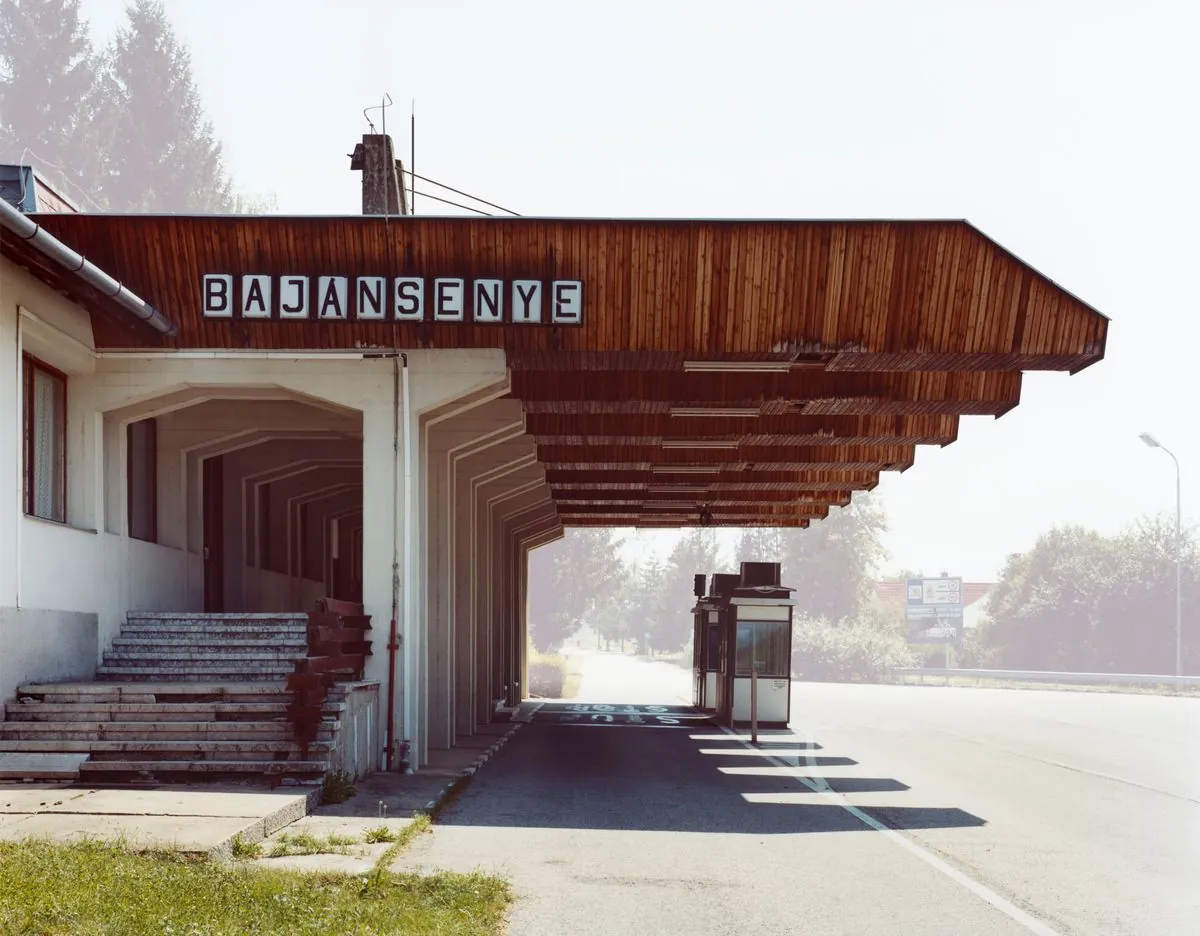Germany Considers Rwanda for EU Asylum Processing Amid Shifting Immigration Policies
Germany's migrant commissioner proposes using Rwanda for EU asylum processing, reflecting a broader European shift towards stricter immigration policies. This comes as Germany grapples with social and political challenges stemming from its 2015 open-border decision.

In a surprising turn of events, Germany is considering the use of Rwanda for processing asylum seekers, a proposal that echoes the controversial UK Rwanda Plan. This development, suggested by Joachim Stamp, Germany's migrant commissioner, marks a significant shift in European immigration policies.
The proposal involves utilizing asylum facilities in Rwanda, originally intended for the UK's offshore processing plan, which was recently cancelled by Keir Starmer. Stamp envisions United Nations oversight for this process, targeting asylum seekers entering the EU from the east. This region has been a focal point of concern, with accusations against Russia of weaponizing illegal immigration flows.

Germany's consideration of such measures reflects a broader European trend towards stricter immigration policies. This shift is particularly notable given Germany's history. In 2015, Chancellor Angela Merkel opened Germany's borders to Syrian refugees, accepting over 1 million asylum seekers during the 2015-2016 European migrant crisis. However, this decision has since been scrutinized due to its long-term implications.
The country has experienced a series of challenges related to immigration. Recent incidents include reports of sexual harassment in public spaces, violence by criminal groups, and an increase in gang-related crimes. These issues have fueled public concern and political debate.
"We need to end the knife attacks, gang rapes, and disrespect of women which are associated with young migrants."
The political landscape in Germany has also shifted. The Alternative for Germany (AfD), an anti-immigration party founded in 2013, has gained significant support in recent state elections. This rise in popularity reflects growing public concern over immigration policies.
However, implementing a Rwanda-like plan faces several obstacles. The United Nations has previously expressed opposition to such offshore processing schemes. Additionally, Germany's political system, which often results in coalition governments, may complicate the adoption of such policies.
It's worth noting that other European countries are also exploring similar measures. Cyprus is considering establishing a safe zone in Syria for repatriating asylum seekers, while Italy is opening a processing center in Albania. These initiatives align with the growing consensus across Europe that current immigration policies are unsustainable.
The European Union, established in 1993, has grappled with immigration issues for decades. The Dublin Regulation, which came into force in 1997, determines which EU state is responsible for examining asylum applications. However, the effectiveness of such regulations has been questioned in light of recent challenges.
As Europe continues to navigate these complex issues, the potential implementation of offshore processing centers, whether in Rwanda or elsewhere, remains a contentious topic. The outcome of these discussions will likely shape the future of European immigration policies for years to come.


































